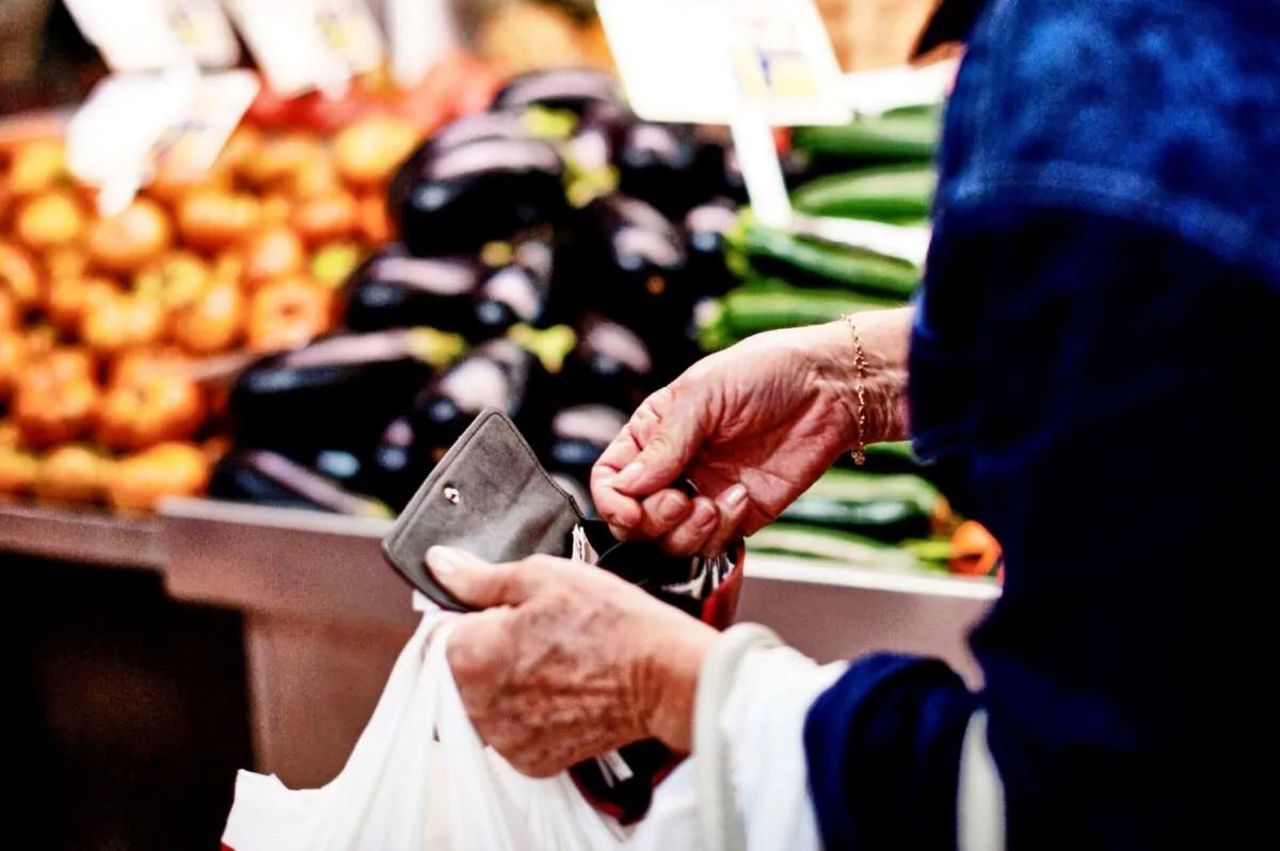Price hikes hit low-income consumers

Due to recent crises, the prices of many products and services have increased. According to the National Bureau of Statistics, the annual inflation rate in March was 8.8 percent. For comparison, during the same period, inflation in Romania was 4.86%, while in war-torn Ukraine, it reached 14.6%. In our country, the impact of rising prices is felt most acutely by individuals with modest incomes and pensioners, who report needing to spend more to purchase food.
Recent statistical data indicates that vegetable prices have skyrocketed, becoming the most expensive among food items. Compared to March of last year, prices have surged by over 36 percent. Fruits have also seen a significant price increase of over 25 percent, while eggs and vegetable oil have risen by approximately 13 percent.
"Everything has become more expensive, considering that pensions for the elderly are low, only 2,000 lei".
"Prices are transparent based on the situation in our country. Our salaries and pensions are simply too small".
"Sales are low because people do not have money", said people.
Experts attribute this surge in prices to a chain reaction triggered by the rising costs of energy resources and raw materials.
"Looking ahead, forecasts for the second and third quarters of 2025 suggest a possible moderation in inflation, although a drastic reduction is unlikely. Government interventions, including energy subsidies and support for farmers, could help keep prices in check," said economic expert Marin Gospodarenco.
According to the National Bank's forecast, the average annual inflation rate this year is expected to be 7.3 percent, with a projected decline to below 5 percent, specifically at 4.7 percent, by 2026.





